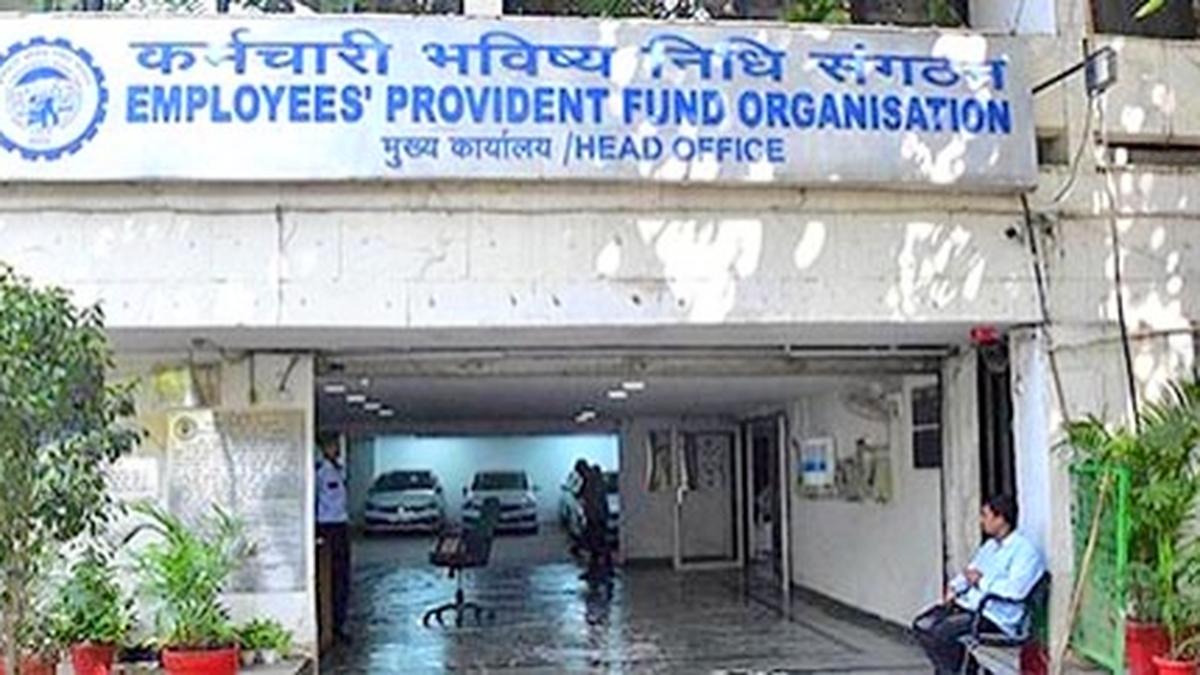The terms of the draft Bill on unregulated lending, for which public comments are being sought, are somewhat t confusing. While the covering letter mentions that the genesis of the Bill is the report submitted by the working group formed by the RBI on unregulated digital lending, the definitions in the draft Bill are quite broad, covering unregulated activities of all kinds, both online and offline.
There is certainly a need to crack down on unregulated lending by digital apps and platforms. But all unregulated lenders should not be tarred with the same brush. A distinction should be made between digital lenders and the gamut of players in the informal credit market who share a social contract. The Finance Ministry should remove ambiguities in the Bill to prevent misuse and litigation. As for digital lending, it has been one of the fastest growing segments in providing credit to retail users and MSMEs in the last six years. There have been numerous challenges in this segment including data privacy risk, lax KYC checks while onboarding customers and use of strong-arm tactics for loan recovery. The proposal in the draft Bill that digital entities not registered with any regulator and advancing loans to public shall be banned, is a good one. It checks money laundering and other systemic risks created by such digital platforms. Similarly, the proposal to create a database of registered lenders which is accessible to the public would provide useful information to borrowers.
But the scope of the Bill seems to extend beyond digital lenders. The draft Bill states that, “from the date of commencement of the Act, unregulated lending activities (including digital lending) shall be banned.” Informal credit including overnight working capital loans taken by small retailers and businesses from fellow businessmen, credit flow between small businesses, informal consumption loans between individuals to meet short-term exigencies, could unfortunately come within the ambit of the proposed law. While most such lenders are obviously not registered with any regulator, these loans are essential to lubricate the economy by bridging the gap left by the formal lending segment which include banks, NBFCs and MFIs. If the intention of the Bill is to exclude such informal loans, as is hoped, the definitions must be clarified.
The penalties specified in the Bill are quite stringent — laying down that lenders found to be unregistered shall be imprisoned between two to seven years and fined between ₹2 lakh and ₹1 crore. Lenders using unlawful methods to recover money face imprisonment of three to ten years and penalty above ₹5 lakh. The Bill is further proposing attaching the accounts, impounding the records and summoning the entities for questioning. These steps are understandable for deterring digital lenders involved in illegal activities such as money laundering. But they are draconian and inappropriate for micro lenders. A credit squeeze at the bottom of the pyramid could have an adverse socio-economic fallout.







Leave a Comment